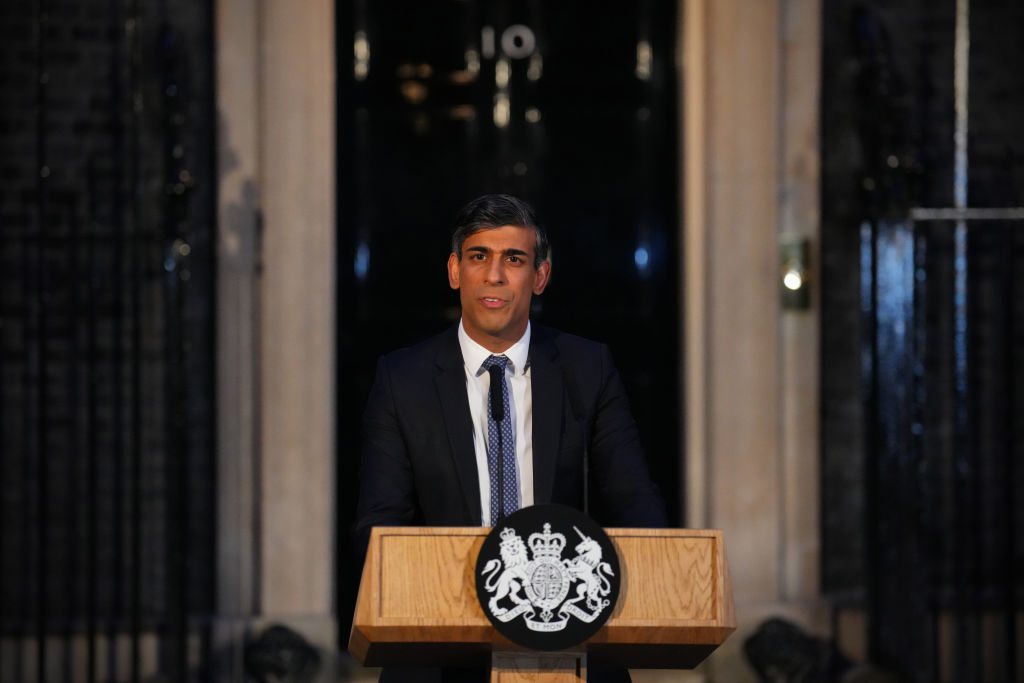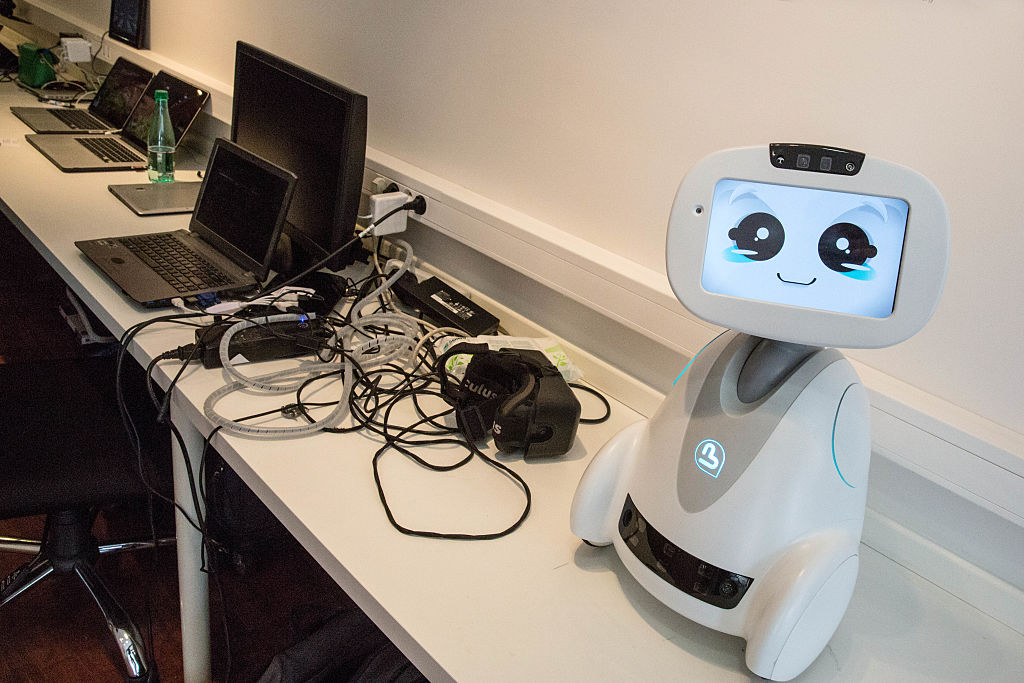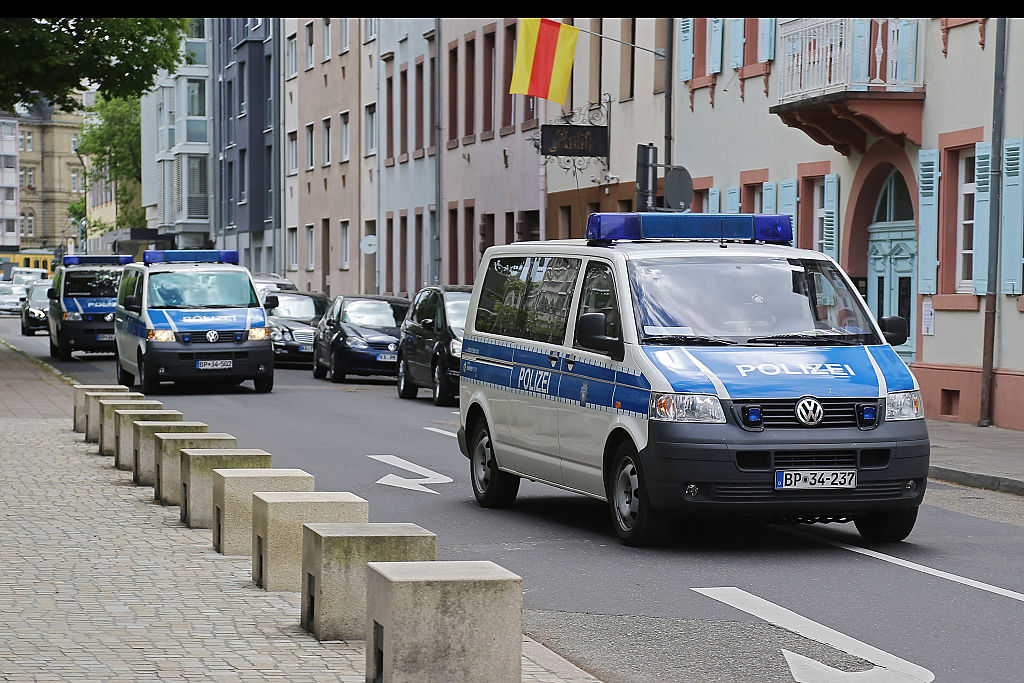Just hours before US billionaire X owner Elon Musk’s SpaceX Falcon 9 was successfully fired into space, Russia’s Soyuz spacecraft launch was aborted at the Baikonur cosmodrome in the steppe of Kazakhstan – seconds before scheduled lift-off to the International Space Station (ISS).
The crew of a Russian, a Belarusian and an American were safety evacuated.
The SpaceX mission lifted off from Space Launch Complex 40 (SLC-40) at Cape Canaveral Space Force Station in Florida. At the time of writing, its Dragon capsule is on it way to autonomously dock with the International Space Station on March 23 at approximately 7:30am.
The Dragon cargo spacecraft is loaded with more than 6,000 pounds of food, supplies, and hardware and research equipment.
The SpaceX flight is the sixth of the first-stage booster supporting this mission, which previously launched Ax-2, ESA Euclid, Ax-3 and two Starlink missions. Following stage separation, Falcon 9’s first stage touched down at Landing Zone 1 (LZ-1) at Cape Canaveral Space Force Station.
The canning of the Russian Soyuz spacecraft effort was preceded by: “Launch!” mission control said in Russian as the rocket was shown at its launch site.
Then the words “automatic cancellation of the launch” came over the live stream just 20 seconds before the scheduled lift-off.
Roscosmos, the Russian space agency, said there had been a slump in the current of a chemical power source about just before lift-off. It was not immediately clear what exactly the current fluctuation affected.
Aborting a launch at such late notice is rare – with the rocket on the launch pad and its crew bracing for take-off.
Roscosmos said the rescheduled launch would take place on March 23 at 12.36 GMT and space chief Yuri Borisov played down the drama.
“Colleagues, space is like this and the situation is quite understandable,” he said.
Those presenting a live stream for Roscosmos said: “Unfortunately friends, a command has been sounded to cancel the launch.”
The lift-off had been scheduled to take place at 13.21 GMT and dock with the ISS a few hours later.
The crew, including NASA astronaut Tracy Dyson, Russian cosmonaut Oleg Novitsky and Marina Vasilevskaya of Belarus, were shown sitting in the rocket just before the cancellation.
Novitsky and Vasilevskaya had been due to stay for 12 days on the ISS and to give a ride home to American Loral O’Hara on April 2, according to NASA.
Dyson was due to spend six months aboard the ISS doing experiments on technology that are designed to help humans prepare for future space missions, NASA said.
The incident has left some commentators wondering how the Russian spaceship enterprise fell so short while the privately-owned US effort seemed on track to go where only a few have gone before.
Additional reporting by Reuters





